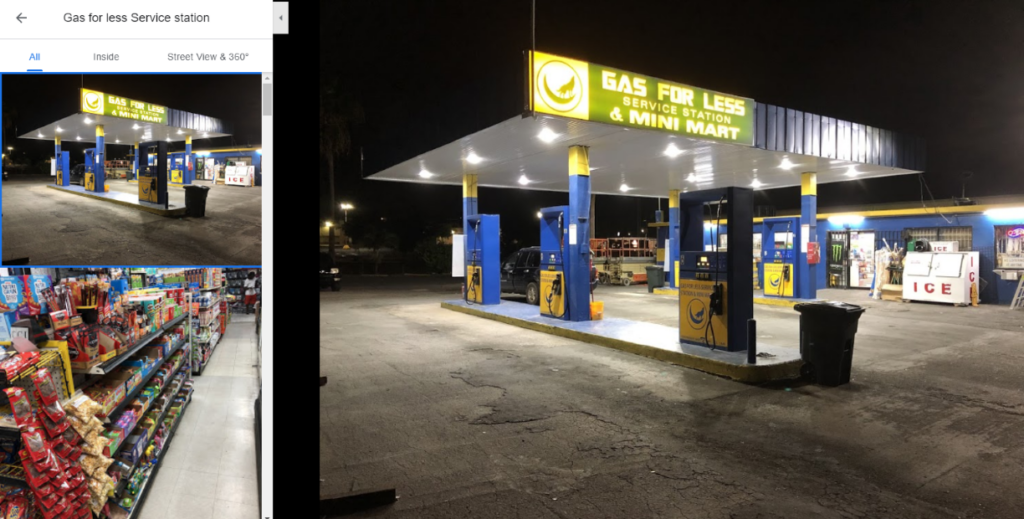CHRISTIANSTED — Commissioner Jean-Pierre L. Oriol of the Department of Planning and Natural Resources announces a fuel delivery prohibition against the owner and/or operator of Gas For Less Service Station located at 1 AR Estate Diamond, Christiansted; and Freedom City Service Station located at 41-59 Estate Concordia, Frederiksted.
This prohibits the facilities from having regulated substances, including but not limited to petroleum products, delivered to its underground storage tank (UST) system. DPNR has identified the following violation(s) that resulted in the fuel delivery prohibition:
- 12 V.I.C. §655, 658(a), 660 – Failure to register tanks and obtain “Permit to Operate (PTO) UST System”.
- 12 V.I.C. §669(a) and (c) – Failure to secure financial responsibility/coverage of Insurance.
Today’s announcement holds the owners and/or operators of Gas For Less Service Station and Freedom City Service Station accountable for their conduct and ensures the public is protected. Failure to register the tanks and secure required insurance coverage can pose a serious safety risk, as the leaking underground tanks can release toxic components that can seep into the soil and the groundwater. This action holds the owner and/or operator responsible for properly managing their facilities to reduce these risks.
Petroleum products such as gasoline contain chemical compounds that pose substantial threats to human health. When operated conscientiously and monitored closely, underground storage tanks are a safe and effective means to store gasoline. But when those tanks are not subjected to basic operational safeguards, they can endanger the public and the environment, for example by leaking petroleum into the water supply, discharging toxic vapors into the air, or even triggering fires or explosions. DPNR regulations are designed to protect the public by requiring underground storage tank operators to reduce the likelihood of leaks, monitor for leaks so they can promptly be addressed, and maintain adequate insurance to conduct corrective action and compensate injured third parties when a leak occurs.

